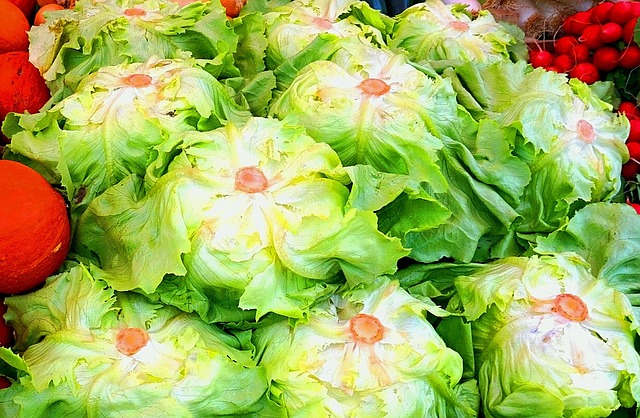Eugene, Oregon, has become a leader in sustainable agriculture through Community Supported Agriculture (CSA) initiatives. These programs connect local farmers directly with consumers, promoting environmental stewardship by reducing food transportation emissions. Eugene's fertile soil and diverse microclimates support small-scale farms offering fresh, locally grown produce, educating the community about sustainable farming practices. This attracts food enthusiasts seeking ethically produced goods while strengthening the local agricultural economy. Sustainability is at the core of these CSAs, benefiting both farmers through guaranteed markets and consumers through access to seasonal, organic produce.
“Community Supported Agriculture (CSA) is revolutionizing Eugene, Oregon’s culinary landscape. This innovative approach to food systems directly connects farmers with consumers, fostering a thriving local ecosystem. By embracing CSA, Eugene not only enhances its reputation as an eco-conscious community but also promotes sustainability on multiple levels. From reducing food miles and supporting organic farming to enriching the city’s diverse gastronomic scene, CSA is leaving an indelible mark on Eugene’s food culture, all while ensuring a more sustainable future.”
- The Rise of Community Supported Agriculture (CSA) in Eugene, Oregon
- – Exploring the concept of CSA and its impact on local food systems
- – How it benefits farmers and consumers alike
The Rise of Community Supported Agriculture (CSA) in Eugene, Oregon

In recent years, Eugene, Oregon has witnessed a significant surge in Community Supported Agriculture (CSA) initiatives, fostering a greener and healthier food scene. This innovative approach to farming emphasizes sustainability by directly connecting local farmers with consumers, creating a mutually beneficial relationship. CSAs offer residents fresh, locally grown produce on a weekly or bi-weekly basis, reducing the carbon footprint associated with long-distance food transportation.
Eugene’s CSA programs thrive due to the region’s fertile soil and diverse microclimates, enabling small-scale farmers to cultivate an array of fruits, vegetables, herbs, and flowers. These local farms not only contribute to the area’s culinary diversity but also educate consumers about sustainable farming practices. As a result, Eugene has become a hub for sustainability-focused food enthusiasts, attracting folks from across Oregon who seek fresh, ethically produced goods while supporting their local agricultural community.
– Exploring the concept of CSA and its impact on local food systems

Community Supported Agriculture (CSA) is a revolutionary concept that fosters direct connections between farmers and consumers, strengthening local food systems. This innovative approach enables folks to access fresh, locally grown produce by purchasing shares in a farm’s harvest. In return, members receive regular deliveries of seasonal vegetables, fruits, and sometimes even meat or eggs from the farm throughout the growing season.
By adopting CSA models, Eugene, Oregon, has witnessed a significant boost in its food scene. This sustainability-focused practice not only supports local farmers but also promotes environmental stewardship by reducing the carbon footprint associated with long-distance food transportation. It encourages a more transparent and ethical food supply chain, allowing consumers to know exactly where their food comes from and fostering a deeper appreciation for the region’s agricultural heritage.
– How it benefits farmers and consumers alike

Community Supported Agriculture (CSA) programs are transforming Eugene, Oregon’s food scene and bringing numerous benefits to both farmers and consumers. For farmers, CSA offers a direct connection to their local community, ensuring a consistent market for their produce. This model allows them to focus on sustainable farming practices, as they receive support from members who value fresh, locally grown food. With guaranteed sales, farmers can invest in eco-friendly methods, like organic cultivation and water conservation, knowing that their efforts are appreciated and rewarded.
For consumers, joining a CSA means accessing an abundance of seasonal, organic fruits and vegetables at their fingertips. Members receive regular deliveries of freshly harvested produce, fostering a deeper connection to the food they eat. This direct farm-to-table approach not only supports local agriculture but also promotes sustainability by reducing the carbon footprint associated with long-distance food transportation. Additionally, CSA members often gain access to unique varieties of crops and learn about sustainable farming practices, empowering them to make informed choices that benefit both their health and the environment.
